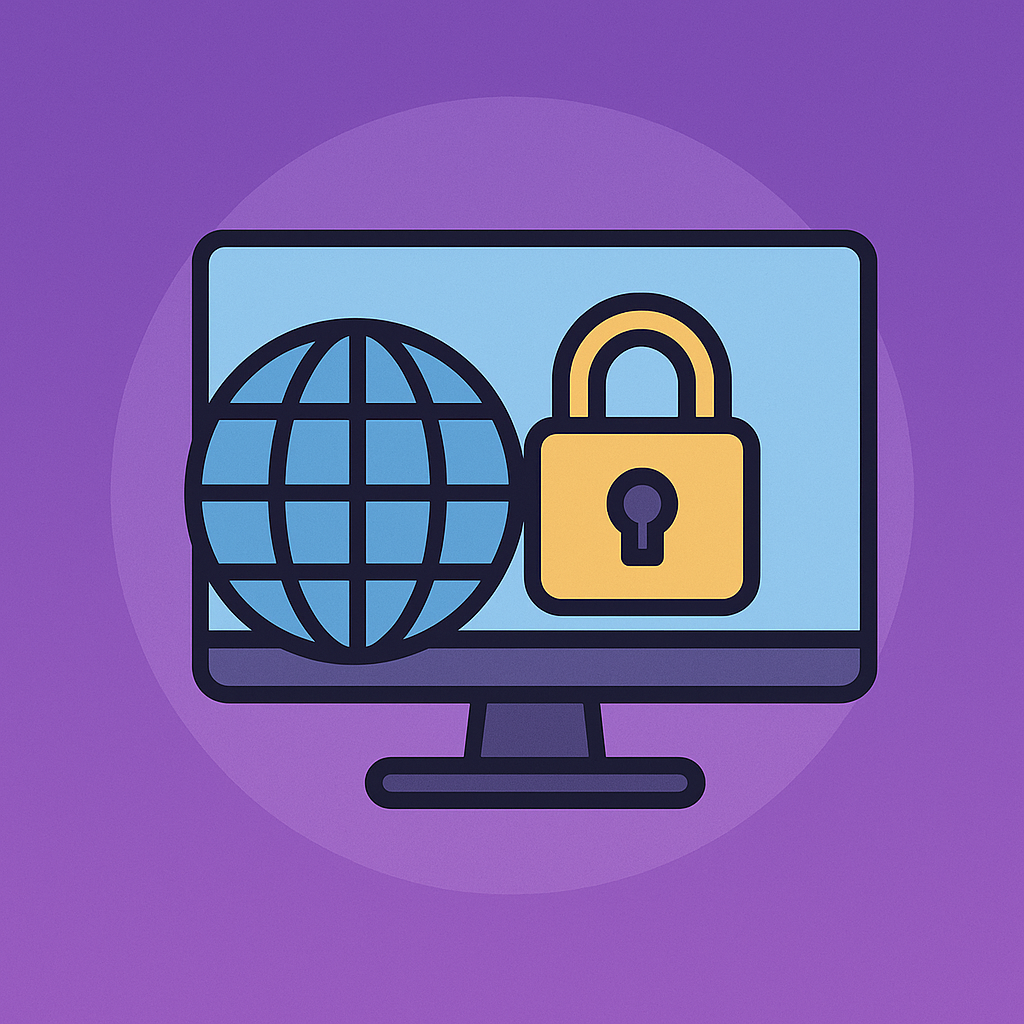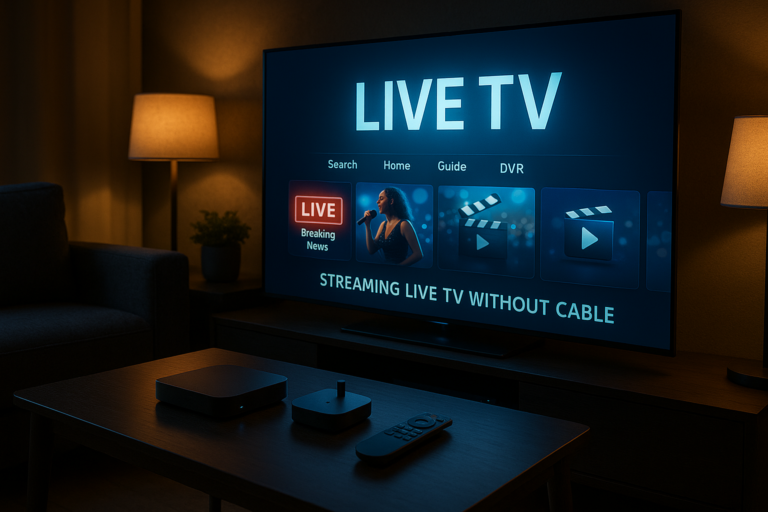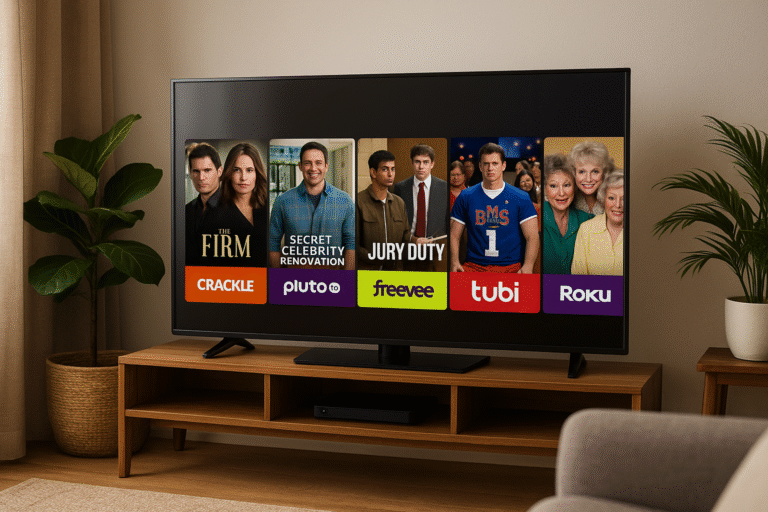How to Build a Geo-Restricted IPTV Setup 2026

Introduction
In 2026, geo-restricted IPTV setups are transforming how viewers access digital entertainment. Whether you’re streaming global sports, regional TV, or premium movies, controlling who can view your content — and from where — is now essential. In this guide, we’ll show you how to build a geo-restricted IPTV setup that balances performance, privacy, and compliance.
Understanding Geo-Restricted IPTV
Geo-restriction means limiting access to IPTV content based on the user’s geographical location. This method ensures compliance with broadcasting rights, regional licensing laws, and subscription agreements. For example, a sports channel may be available only in Europe, while a movie network may restrict access to North America.
By building a controlled geo-restricted IPTV setup, providers can deliver tailored channel packages and advertisers can target local audiences more effectively. For users, it means accessing content legally and securely, while enjoying better performance and reduced buffering.
Technical Setup & Requirements
Creating a geo-restricted IPTV network requires a mix of smart tools and technical configuration. Here’s how to get started:
- 1. Choose a Reliable IPTV Provider: Pick a verified service like CCCam2 Premium IPTV that supports geo-filtering and multi-server access.
- 2. Implement DNS & IP Filters: Configure DNS-based location filtering or IP whitelisting to allow access only from specific regions.
- 3. Integrate VPN & Proxy Layers: Use secure VPN gateways to simulate region-based access for testing and management.
- 4. Add Content Delivery Networks (CDN): Deploy regional CDN nodes to serve video content closer to end users, reducing latency.
- 5. Use API Authentication: Protect each stream with a unique access key linked to verified user accounts or subscription IDs.
Key Advantages of Geo-Restricted IPTV
- Compliance: Meets international broadcasting regulations and protects your platform from copyright issues.
- Performance: Geo-targeted CDNs boost speed and reduce buffering in specific regions.
- Personalization: Allows region-based content curation, languages, and advertisements.
- Security: Prevents unauthorized users or bots from accessing premium streams.
- Monetization: Enables flexible pricing by market and region for better revenue control.
Common Mistakes or Limitations
While geo-restriction improves content control, misconfigurations can lead to access issues or user frustration. Avoid the following pitfalls:
- Overblocking: Setting too strict IP filters may deny legitimate users access.
- Weak VPN Bypass Detection: Without robust VPN detection, some users may spoof locations and access restricted content.
- Ignoring Legal Requirements: Failing to respect international content licensing can cause takedowns or fines.
- Poor Server Placement: Hosting all servers in one region increases latency for distant users.
Reality Check
Geo-restriction is not about blocking—it’s about smart access management. The best IPTV providers in 2026 use hybrid models combining regional CDN distribution with encrypted access tokens. Services like CCCam2 Premium IPTV integrate advanced DNS and API control, ensuring content flows smoothly while staying compliant with global rights laws.
Final Verdict
Building a geo-restricted IPTV setup in 2026 is essential for both legal compliance and streaming quality. Whether you manage your own IPTV platform or subscribe to a premium provider, geo-targeting ensures optimized performance and user trust. With tools like regional servers, CDN integration, and smart DNS filtering, you can create a professional and future-ready IPTV ecosystem.
FAQ Section
1. What is a geo-restricted IPTV setup?
It’s a configuration that controls which users can access IPTV content based on their geographic location to comply with licensing and regional laws.
2. Can VPNs bypass geo-restricted IPTV?
Some VPNs can, but advanced systems use IP reputation databases and token-based authentication to prevent unauthorized access.
3. Is geo-restriction necessary for all IPTV platforms?
Yes, especially for providers operating internationally. It protects content rights and helps deliver region-optimized streaming quality.
4. What’s the best IPTV provider for geo-restricted setups?
Providers like CCCam2 Premium IPTV offer smart DNS control, regional servers, and secure authentication ideal for global operations.






